In response to the Israeli invasion of Gaza, the Houthi armed group in Yemen has initiated military training for government employees to prepare them for potential conflict. This move comes as part of the Houthis' efforts to bolster their defenses and resist external threats. According to reports from Yemeni news outlet Saba News, the training program culminated in a grand parade held on Saturday (March 9) in the capital city of Sanaa.
During the parade, hundreds of newly trained individuals, none of whom were previously members of the military, showcased their proficiency with various weapons, including rifles and machine guns. The participants underwent a rigorous 12-day military course dubbed the 'Al Aqsa Flood,' mirroring the operation name used by Hamas in Gaza. Through this program, individuals from different regions of Yemen were equipped with essential combat skills to defend their country against external aggression.
The display of military readiness at Sanaa University Square sent a clear message of defiance against perceived adversaries, with slogans condemning the actions of the United States, the United Kingdom, and Israel. Participants expressed their determination to confront any threats to Yemen's sovereignty and independence.
The Houthis' decision to train civilian personnel underscores their commitment to bolstering national defense capabilities amidst escalating tensions in the region. The group has been vocal in denouncing the Israeli invasion of Gaza and has vowed to stand in solidarity with the Palestinian cause.
Furthermore, the Houthi armed organization has continued its military activities beyond Yemen's borders, targeting ships affiliated with Israel's allies in the Red Sea and the Arabian Sea. Despite efforts by a coalition led by the United States and the United Kingdom to curb Houthi aggression through airstrikes in Yemen, the group remains resolute in its resistance.
As tensions persist in the region, the training of Yemeni civil servants reflects the broader geopolitical dynamics at play, with regional actors taking proactive measures to defend their interests and confront external threats.



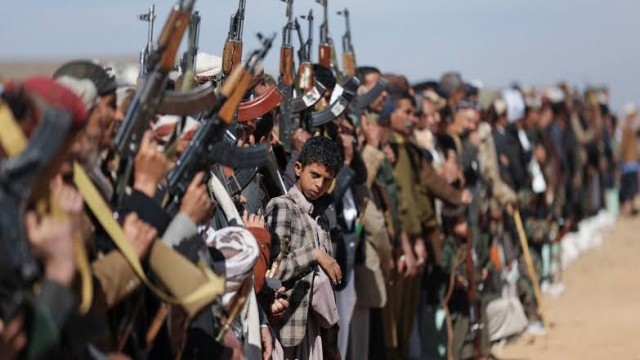

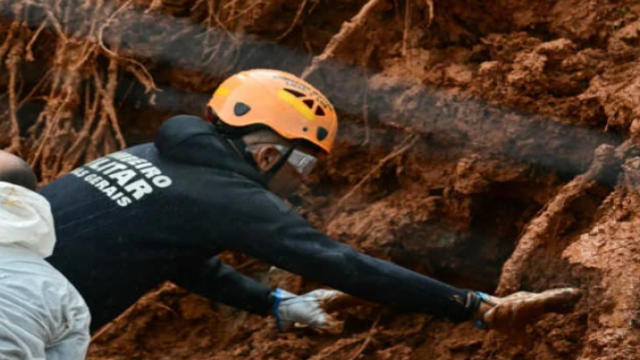

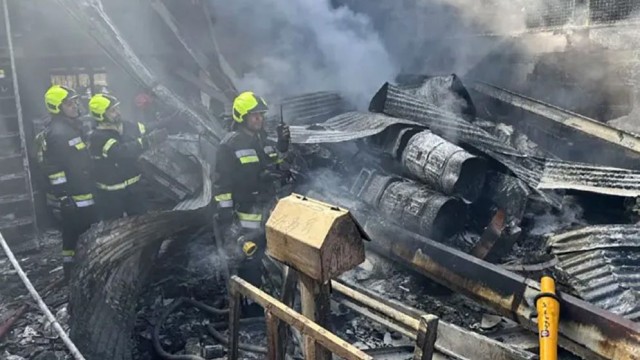
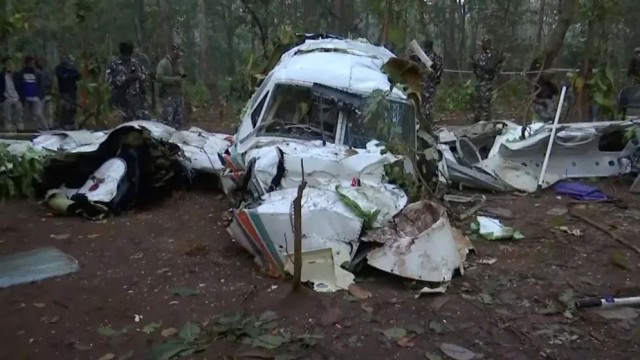
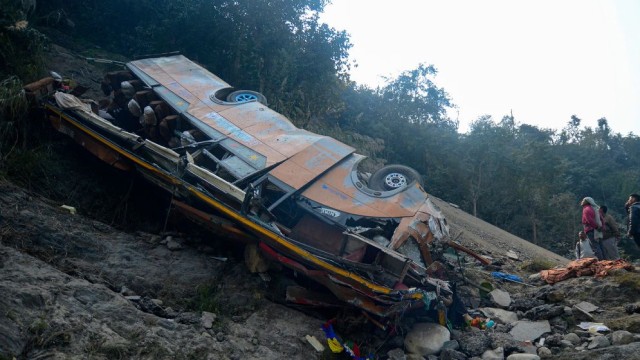
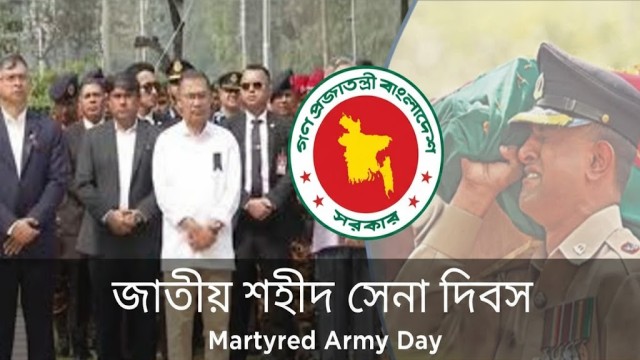
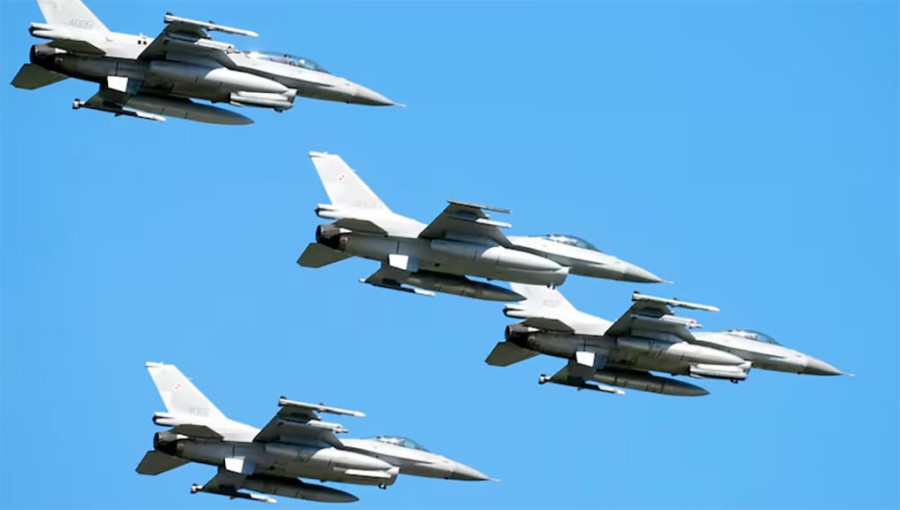



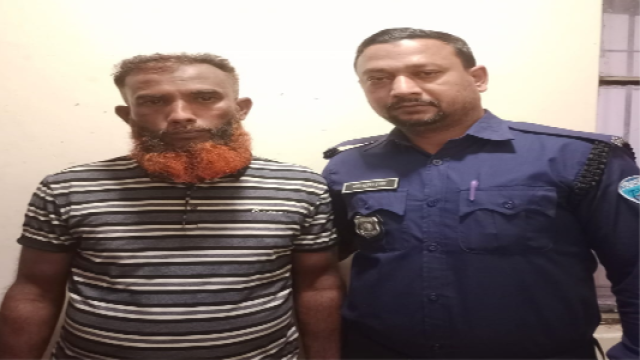







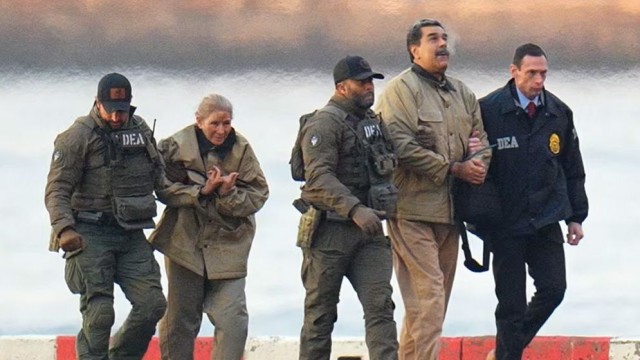




Comment: